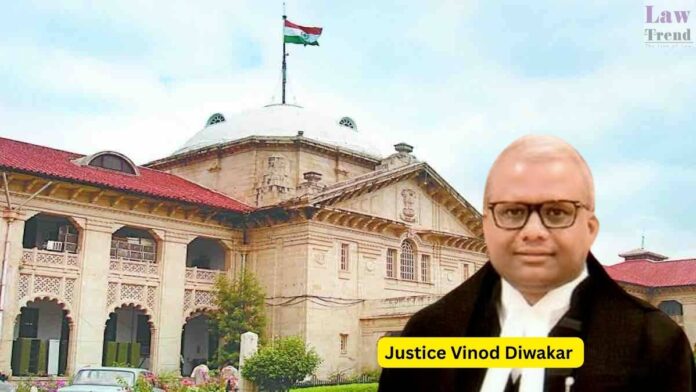The Allahabad High Court, while dismissing a plea to quash a criminal case related to liquor smuggling, has issued a series of landmark directions to the Uttar Pradesh government to immediately cease the practice of mentioning the caste of an accused in police records, including FIRs and seizure memos. Justice Vinod Diwakar, in a detailed
To Read More Please Subscribe to VIP Membership for Unlimited Access to All the Articles, Download Available Copies of Judgments/Order, Acess to Central/State Bare Acts, Advertisement Free Content, Access to More than 4000 Legal Drafts( Readymade Editable Formats of Suits, Petitions, Writs, Legal Notices, Divorce Petitions, 138 Notices, Bail Applications etc.) in Hindi and English.




